Mission
To improve understanding by creating a safe environment for learning from mistakes
Our Story
Think of trying to get from an island to another island. There are four ferry rides on the way. After the fourth one you notice the island you’ve arrived to isn’t the right one. What do you do? You wouldn’t think you’re bad at riding ferries and never ride one again. You’d look back to understand where exactly you went wrong and try again.
It’s the same idea behind our math teaching method, Structured Derivations. By individual feedback it improves the way mathematical arguments are explained, so that it’s easier to see the structure of the argument and understand the reasoning involved.
It creates an environment where making mistakes is okay. Math shouldn’t be about failing or succeeding, but about understanding. Because when we learn to understand, we’re at the core of math: unraveling our ability to think critically and analytically, for ourselves.




Pedagogy first
How we develop a pedagogy first product
We are a team of mathematicians, teachers and researchers and cover a wide range of expertise from didactics, mathematics and computer science, to AI, data analysis and user interactions.
Our tools are developed in close collaboration with our pilot classes and teacher network to ensure that the tools are what the teachers and students need in their daily lessons.
Our tools are based on over 20 years of research on learning and reasoning in mathematics as well as research on formalizing mathematics for computational systems. Through the years, seven universities around the world have participated in the research collaborations.
Technology should support teachers so that they can focus on teaching. We seek to automatize all repetitive work and visualize issues teachers do not see due to time restrictions. Technology should also support students and give them confidence, irrespective of social status, gender and physical abilities.
Our books follow the Finnish Curriculum in Mathematics and they are written by Finnish, Estonian and Swedish teachers. Both Finland and Estonia are year after year the top performing countries in mathematics education.
All our textbooks are peer reviewed by experts in the area of mathematics education.
We are a team of mathematicians, teachers and researchers and cover a wide range of expertise from didactics, mathematics and computer science, to AI, data analysis and user interactions.
Our tools are based on over 20 years of research on learning and reasoning in mathematics as well as research on formalizing mathematics for computational systems. Through the years, seven universities around the world have participated in the research collaborations.
Our books follow the Finnish Curriculum in Mathematics and they are written by Finnish, Estonian and Swedish teachers. Both Finland and Estonia are year after year the top performing countries in mathematics education.
Our tools are developed in close collaboration with our pilot classes and teacher network to ensure that the tools are what the teachers and students need in their daily lessons.
Technology should support teachers so that they can focus on teaching. We seek to automatize all repetitive work and visualize issues teachers do not see due to time restrictions. Technology should also support students and give them confidence, irrespective of social status, gender and physical abilities.
All our textbooks are peer reviewed by experts in the area of mathematics education.
Our Textbook Authors
Saara Mäkinen, B.Sc. in Mathematics, M.Sc in Educational Sciences
Kim Gustafsson, M.Sc. in Physics
Stefan Asikainen, M.Sc in Mathematics
Marie Linden-Slotte, M.Sc. in Mathematics, Minor in Physics & Pedagogy
Matti Hutri, B.Sc. in Mathematics
Antti Lempinen, M.Lic.in Engineering Physics and Mathematics
Joonatan Jalonen, M.Sc. in Mathematics
Ralph-Johan Back, Professor of Computer Science
Reviewers:
Mia Peltomäki, M.Sc. in Mathematics, Pedagogy
Tom Rydell, M.Sc. in Mathematics
Awards
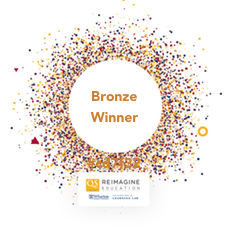
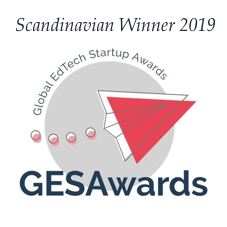
Meet Our Leadership Team
We are a strong team of educators, mathematicians and programmers. We are highly experienced in handling large scale development projects and pilots. We listen and learn from our customers, so give us a call or send us a note, and we will get right on it.
CONTACT:
info@fourferries.com
+358400912083

IDA RÖNNLUND
CEO

BARBRO BACK
Financial Officer

RALPH BACK
Head of Research

VIOREL PREOTEASA
Back-end Developer

PETRI SALMELA
CTO

PAULI URMAS
Marketing and Sales
Company Board
Ralph-Johan Back, Chairman
Aarne Sipilä
Board of Advisors
Pia Hardy, Stockholm, Sweden
Anna Mikhailova, Los Angeles, U.S.A
Fredrik Rönnlund, Turku, Finland
Our Research Team
Research units involved:
Turku Centre for Computer Science (TUCS) is a joint research institute of University of Turku and Åbo Akademi University. TUCS conducts basic and applied research in computer science and engineering.
The Learning and Reasoning laboratory is part of Turku Centre for Computer Science (TUCS), and has members from both Åbo Akademi and the University of Turku. The laboratory studies and develops new methods and tools for teaching mathematics and programming. The target group is junior high school students, high school students and introductory level university and polytechnic students. The research is concentrated on four topics: (a) teaching mathematics using structured derivations, (b) teaching formal methods in programming using invariant based programming, (c) developing tutoring systems for programming courses, and (d) teaching practical programming skills using Python.
In Co-operation with
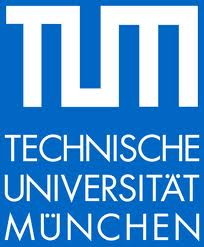
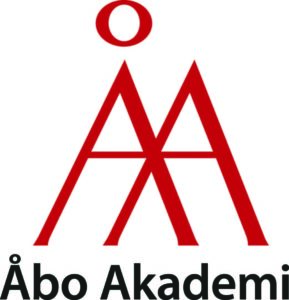
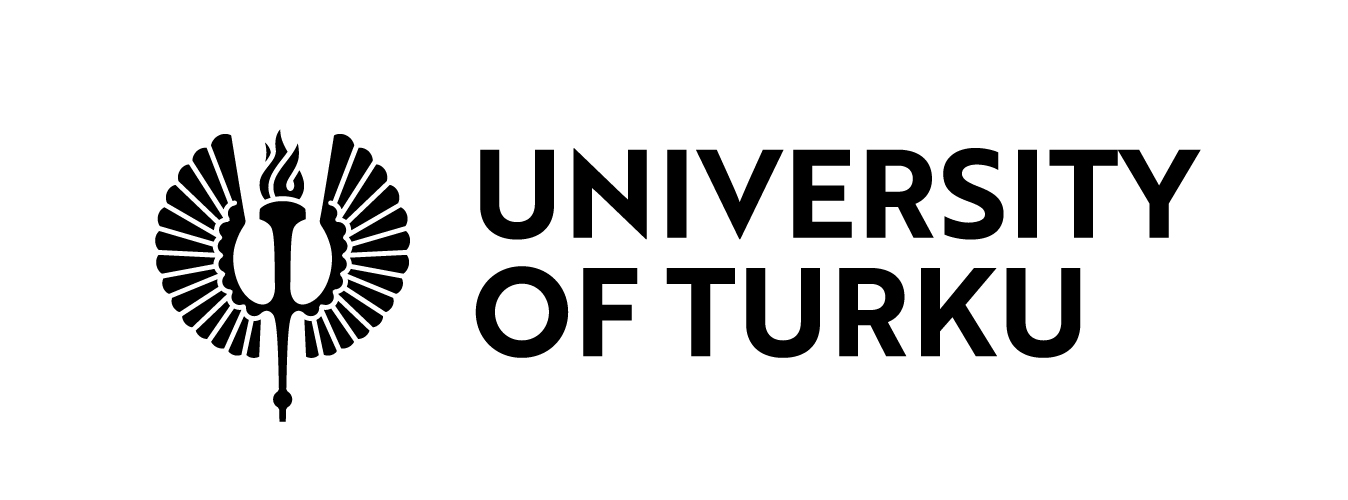


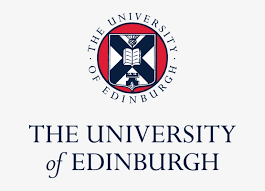
Our Supporters
6Aika Intelligent Learning Environments
Business Finland
European Union, Central Baltic INTERREG IVA
Finnpartnership
Svenska Kulturfonden
History
The company Four Ferries was founded by researchers behind the eMath and ViRum projects, and the scientific work leading up to these projects. The eMath project 2011 - 2016 was funded by EU and the Swedish Cultural Foundation. The aim was to pilot the structured derivation approach to mathematics education in high schools, and build a digital platform for mathematics education in general. The Virum project 2014 - 2017 was also funded by the Swedish Cultural Foundation. The aim of this project was to develop a digital platform for virtual education. The research in these projects was carried out at Abo Akademi University and University of Turku.
Four Ferries has an agreement with the two universities to commercialize the results of these research projects. The focus is on supporting computer based teaching of mathematics. The aims have since then widened, so that we now provide a powerful learning platform for all topics in school education, in the form of the 4f Studio. At the same time, support for mathematics education has also been considerably extended, in particular with the new improved tools for creating solutions to mathematical problems, checking the step-by-step correctness of these solutions, and the new eMath textbook series for high school mathematics.
Four Ferries main commercial activities started in March 2017, when the research projects had ended. The focus has been on turning the prototypes developed in the research projects into attractive commercial products. This has meant creating a wholly new online version of the original 4f Studio learning environment, a substantial extension and strengthening of the automatic checker, and continuous work on improving the user interface and ease of use. The company has been working in close cooperation with a number of middle schools, high schools, and universities in Finland. The pilots carried out with these have proved to be very fruitful, leading to a number of improvements in both functionality, robustness and user friendliness.